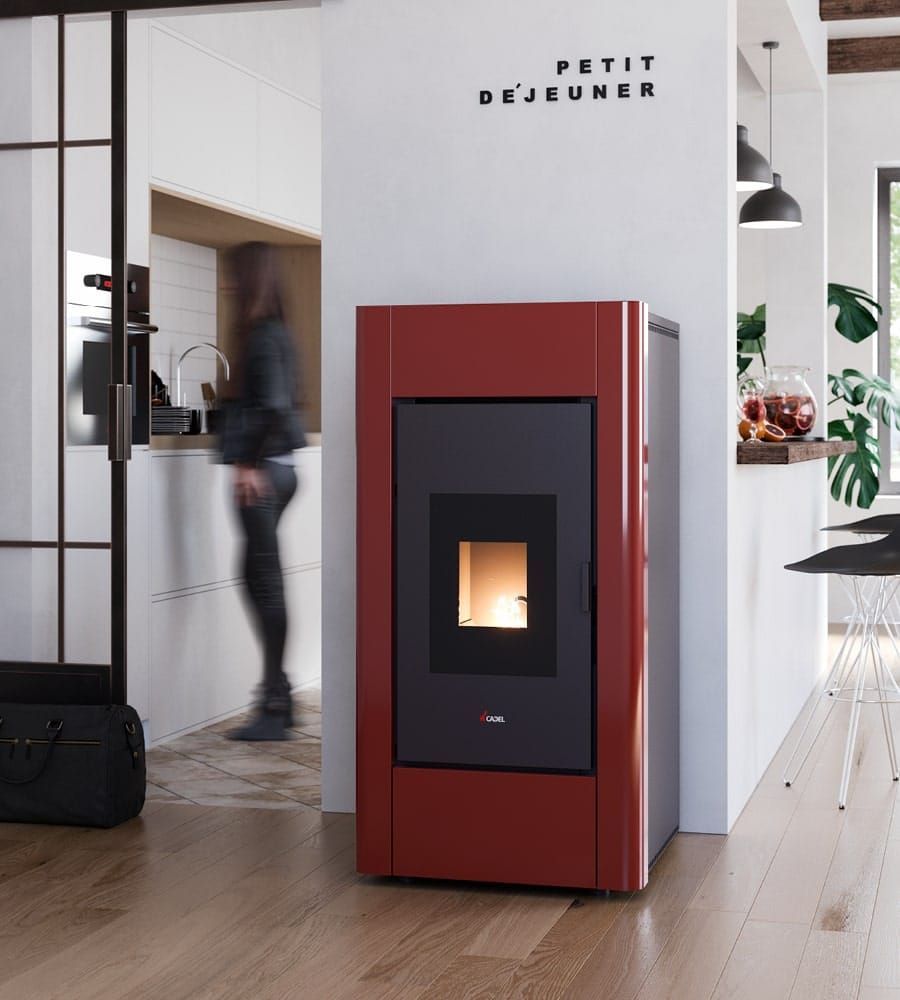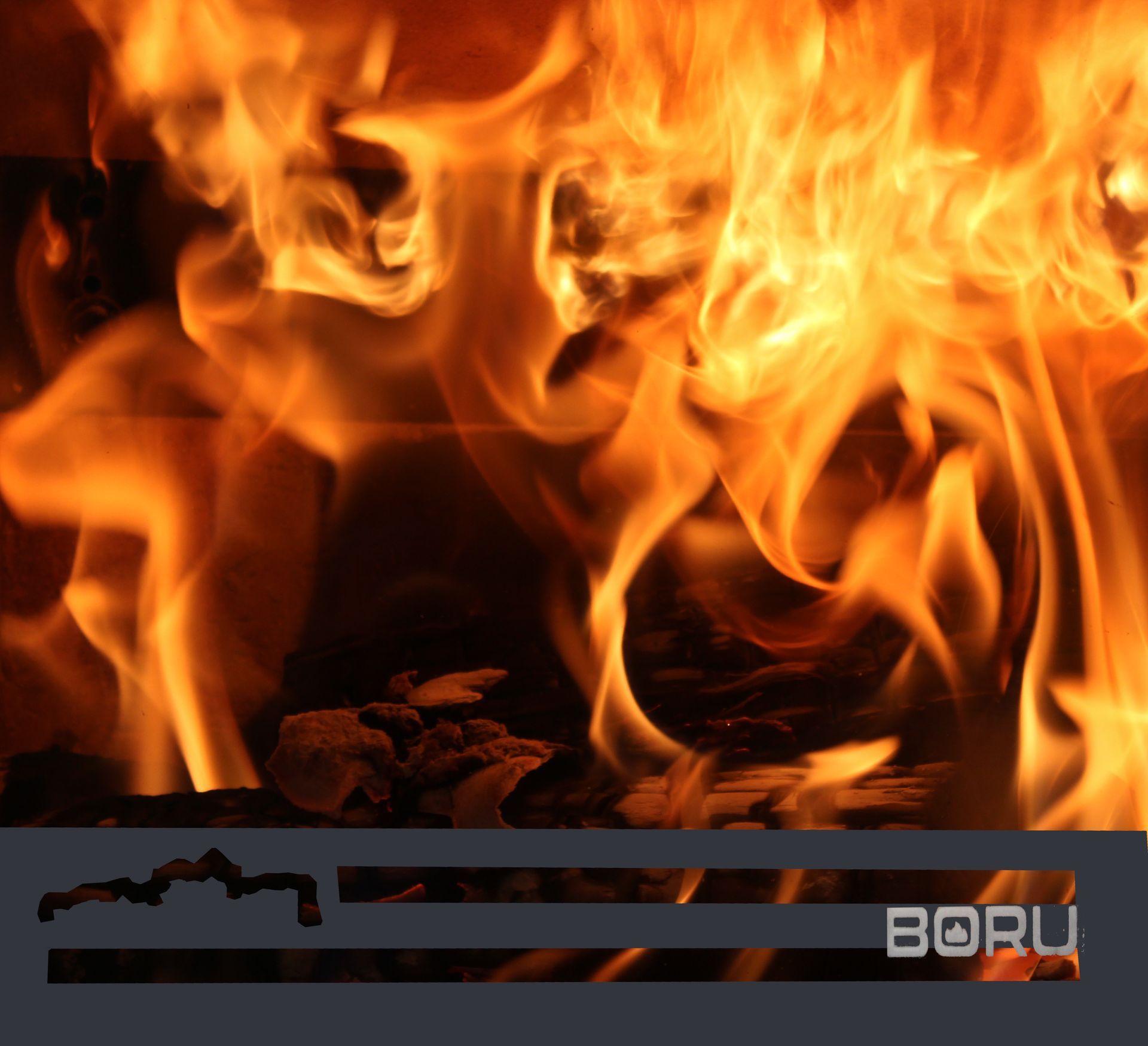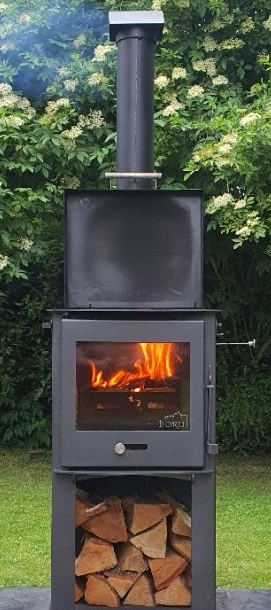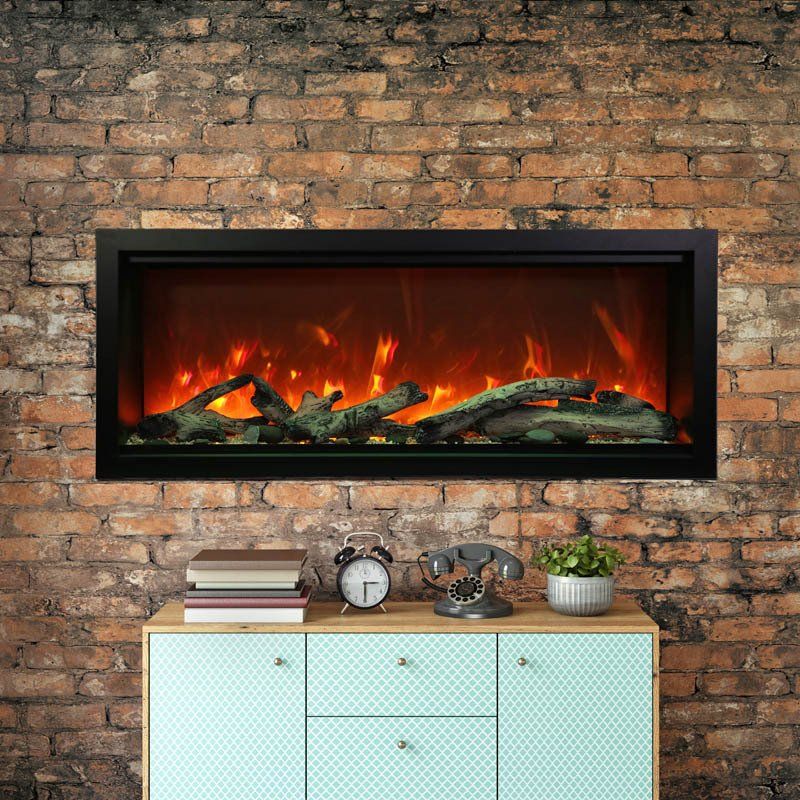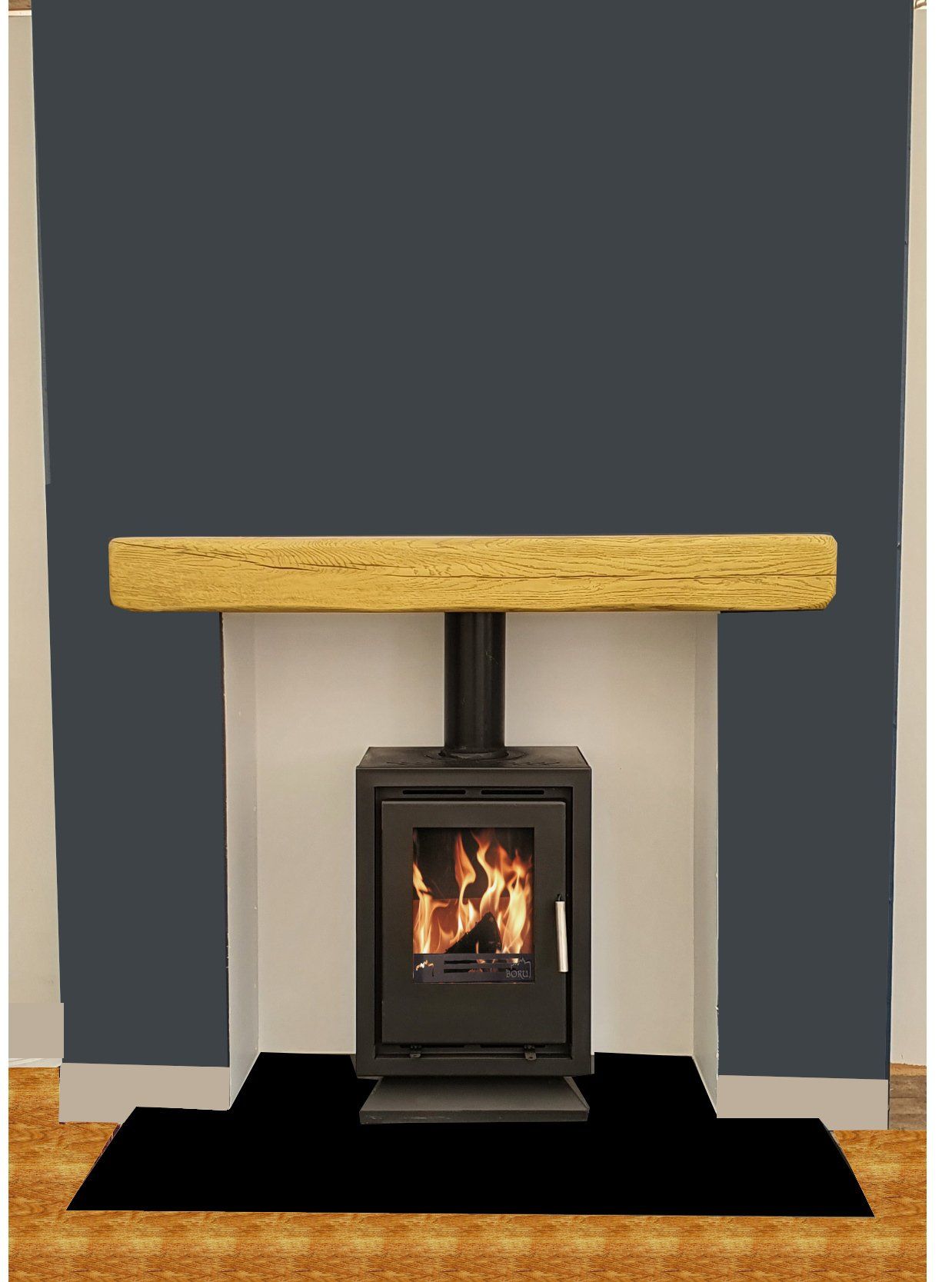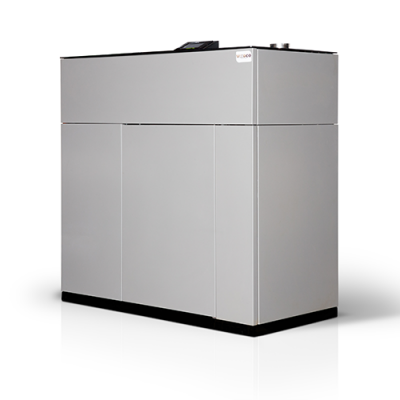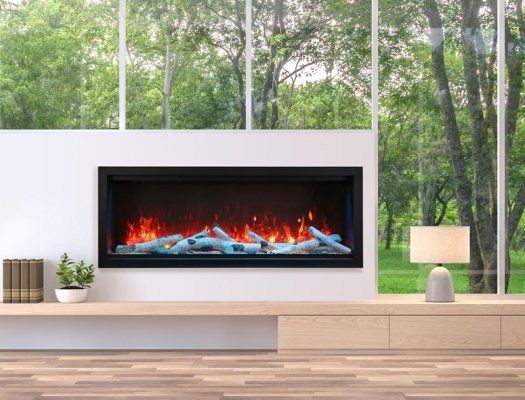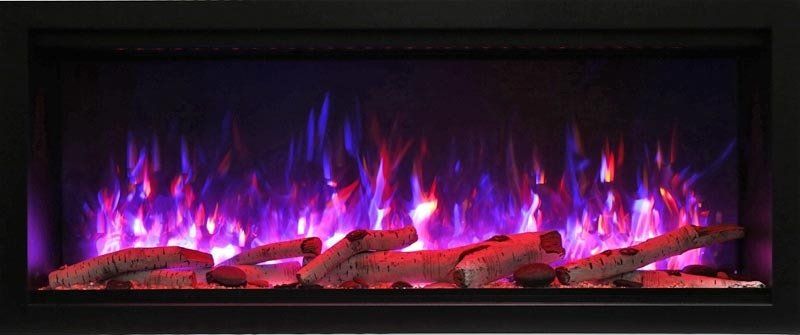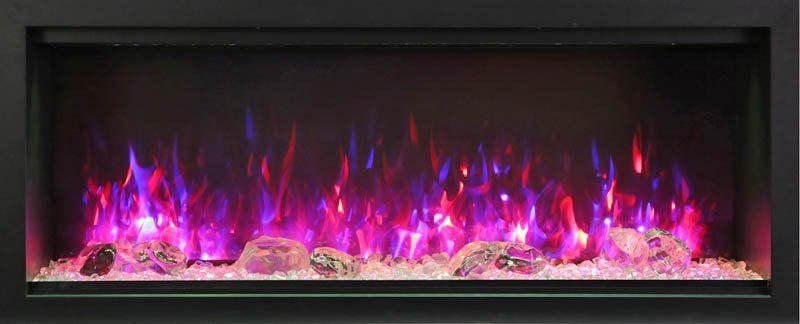Can i have stove boiler and oil boiler?

When it comes to heating your home and providing hot water, the options can seem overwhelming. Among the myriad choices, two popular systems stand out: stove boilers and oil boilers. Each has its unique advantages and considerations, making the decision a crucial one for homeowners. In this article, we will delve into the characteristics of stove boilers and oil boilers, helping you make an informed choice based on your specific needs and circumstances.
Stove Boilers:
Stove boilers, often known as wood-burning stoves with a back boiler, are a traditional and eco-friendly heating option. These systems combine the warmth and charm of a wood-burning stove with the practicality of heating water for both domestic and central heating purposes. The basic premise is simple: the stove burns wood, and the heat generated is used to warm the surrounding air while simultaneously heating water through a back boiler.
Pros of Stove Boilers:
Renewable Energy Source: One of the most significant advantages of stove boilers is their use of renewable energy. Burning wood is considered carbon-neutral, as the carbon dioxide released during combustion is offset by the carbon absorbed by the trees during their growth.
Cost-Efficient: Wood is often a more cost-efficient fuel source compared to oil. If you have access to a local and sustainable wood supply, the ongoing costs of running a stove boiler can be significantly lower.
Ambiance and Aesthetics: Stove boilers add a cozy and rustic feel to your home. The flickering flames and radiant heat create a warm and inviting atmosphere, making them a popular choice for those seeking more than just a heating system.
Cons of Stove Boilers:
Labor-Intensive: Stove boilers require regular maintenance, including cleaning ash, replenishing wood, and checking for potential issues. This can be more labor-intensive compared to the set-it-and-forget-it nature of some other heating systems.
Limited Heating Capacity: The heating capacity of stove boilers might be limited, depending on the size of the stove and the back boiler. Larger homes or those in colder climates may find stove boilers insufficient as the primary heating source.
Oil Boilers:
Oil boilers, on the other hand, are a more modern and widely-used heating system that relies on heating oil to produce hot water for both domestic use and central heating. These boilers can be fueled by various types of oil, with heating oil being a common choice.
Pros of Oil Boilers:
Efficiency and Consistency: Oil boilers are known for their efficiency and consistency in providing a steady supply of heat. They can quickly reach high temperatures and maintain them, making them suitable for larger homes and harsh climates.
Convenience: Unlike stove boilers that require manual loading of wood, oil boilers are typically automated. This means less hands-on involvement, making them a convenient option for those with busy lifestyles.
Versatility: Oil boilers can be used for both heating and hot water purposes, providing a comprehensive solution for home comfort. They can also be easily integrated into existing heating systems.
Cons of Oil Boilers:
Dependency on Fossil Fuels: The primary drawback of oil boilers is their reliance on fossil fuels. Heating oil is a finite resource, and its extraction and combustion contribute to environmental concerns, including air pollution and greenhouse gas emissions.
Operating Costs: The cost of heating oil can fluctuate, making it challenging to predict and budget for long-term heating expenses. Additionally, the initial installation cost of an oil boiler can be higher compared to some other heating options.
Conclusion:
In the choice between a stove boiler and an oil boiler, several factors come into play, including your environmental values, budget constraints, and the size and requirements of your home. Stove boilers offer a traditional and eco-friendly approach, while oil boilers provide efficiency and convenience. It's essential to carefully weigh the pros and cons of each system, considering not only the upfront costs but also the long-term sustainability and impact on the environment. By making an informed decision, you can ensure that your heating system aligns with your values and meets the unique needs of your home.

